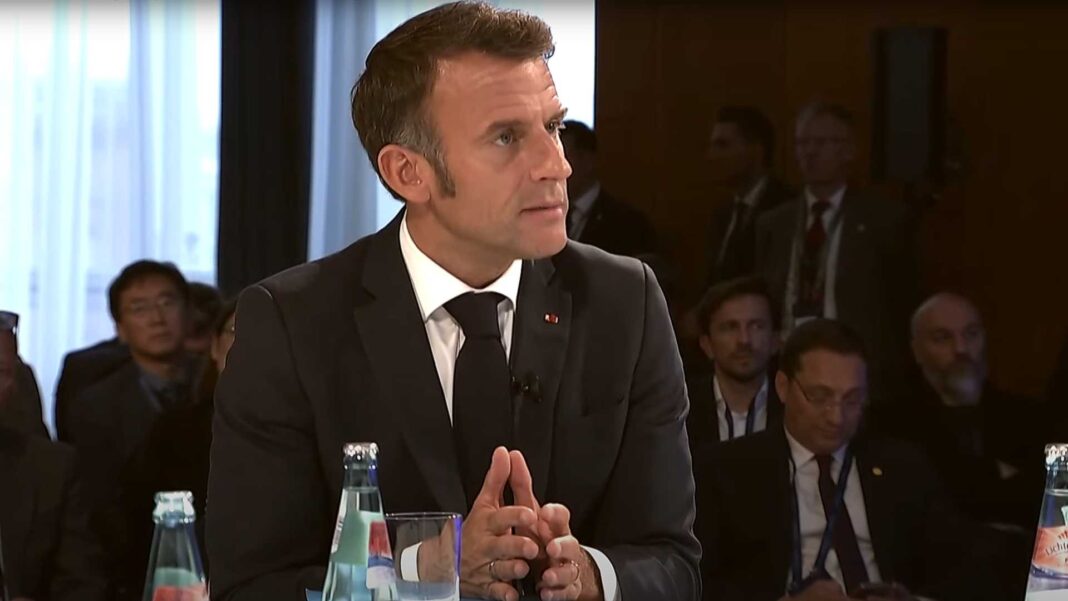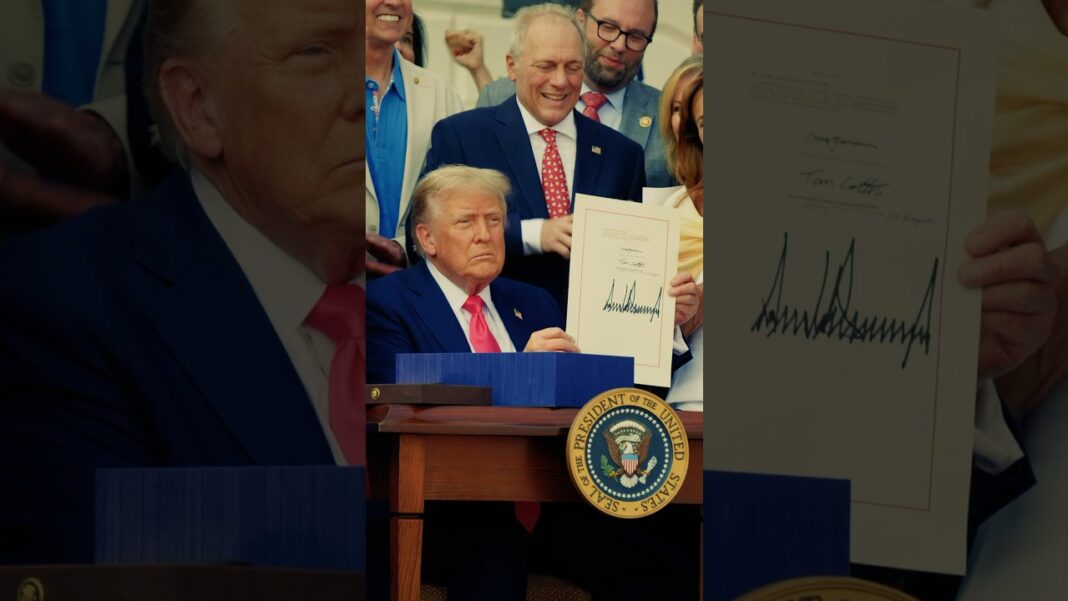Trump has threatened a 10 percent tariff on any country aligning with what he says are the ‘anti-American policies of BRICS.’
Brazilian President Luiz Inácio Lula da Silva said the world does not need an emperor and reiterated his view that global trade needs alternatives to the U.S. dollar, following a threat by former President Donald Trump to impose tariffs on countries aligning with BRICS policies.
The BRICS alliance—made up of countries including Brazil, Russia, India, China, and South Africa—views itself as a counterweight to Western-led institutions.
Trump said on July 6 that an additional 10 percent tariff would be imposed on countries aligning with BRICS policies.
“Any Country aligning themselves with the Anti-American policies of BRICS, will be charged an ADDITIONAL 10 percent Tariff. There will be no exceptions to this policy,” he stated on Truth Social.
On the final day of the 17th BRICS Leaders’ Summit in Rio de Janeiro, Lula was asked about Trump’s tariff threat.
“We don’t want an emperor, our countries are sovereign,” he said. “If Trump issues tariffs, other countries have the right to do the same. There is the reciprocity law.”
Lula said it is irresponsible for a president of a country such as the United States to threaten the world with tariffs on social media.
“Honestly, there are other forums for the president of a country the size of the United States to talk to other countries,” Lula said.
He said that the BRICS group “was not formed to confront anyone, it just wants to be another model, another way to do politics.”
When asked about Trump’s warning, South African President Cyril Ramaphosa told reporters that BRICS is “a center of power” and “does not seek to compete with any other power.”
Without mentioning Trump or the United States, the BRICS nations said in a joint statement on the same day that “proliferation of trade-restrictive actions, whether in the form of indiscriminate rising of tariffs and non-tariff measures, or protectionism under the guise of environmental objectives threatens to further reduce global trade, disrupt global supply chains, and introduce uncertainty into international economic and trade activities, potentially exacerbating existing economic disparities and affecting prospects for global economic development.”
By Owen Evans







